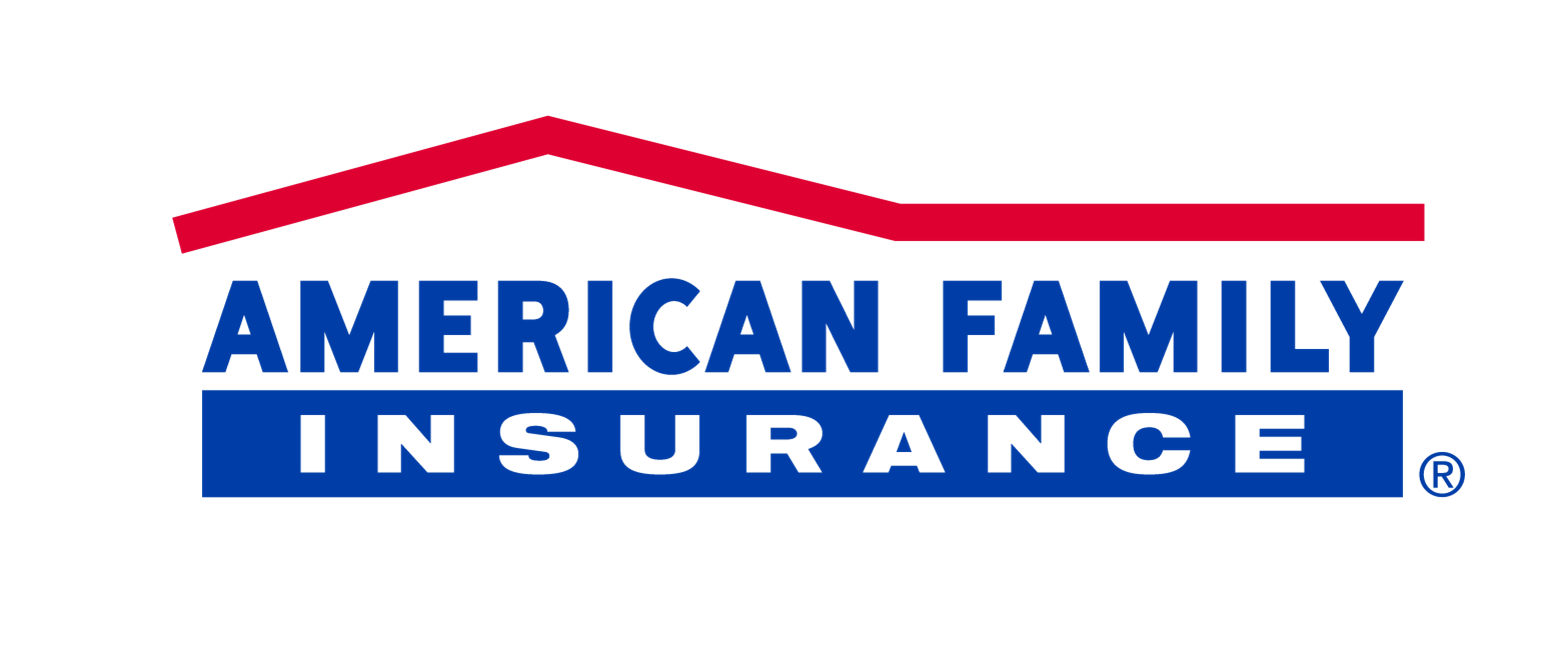If you're a senior citizen (or closing in on those golden years), you probably know that buying senior life insurance isn't quite as easy as it was when you were younger. Locating the best life insurance for seniors is all about finding an affordable policy that provides the coverage you're looking for.
We've combed through life insurance companies to find insurance companies that understand what you're looking for in a policy and provide reasonably priced coverage.
Best life insurance options for seniors

Bottom Line
With Mutual of Omaha, people aged 45 to 85 can qualify for whole life insurance coverage without undergoing a medical exam or answering any health questions. They will not be denied coverage or have benefits reduced due to age or health. Mutual of Omaha offers coverage up to $25,000 and premiums are guaranteed to not increase. According to Mutual of Omaha, premiums start at $8.84 per month and they offer spousal coverage if aged 45 to 85. Based on 12 months of rolling claims data, the majority of claims have been paid in 24 hours.

Bottom Line
American Family offers its DreamSecure Senior Whole Life Insurance to help pay for final expenses. The policy is geared towards those aged 50 to 80, and it builds cash value and provides lifelong coverage with premium payments that remain the same regardless of changes in health or age. There is no medical exam and the policy can be issued in as little as a week. An eligible 60-year-old non-smoker can buy $10,000 of DreamSecure Senior Whole Life Insurance for under $40 a month.

Bottom Line
AIG, part of the American International Group Inc., has 88 million customers and operates in more than 80 countries. The company claims that when a customer calls AIG directly, they can save up to 45% on a term life policy compared to other insurers.
AIG also makes the list of best life insurance for seniors by offering various policy types, including term, whole, and universal life insurance. Two of their policy types -- Accidental Death and Dismemberment (AD&D) and Guaranteed Issue Whole Life -- are available with no physical exam.

Bottom Line
While people may remember buying a life insurance policy for their children or grandchildren through Gerber, the company is also ideal for seniors. Gerber offers simplified issue or guaranteed approval that only requires a few medical questions and does not require a medical exam in most cases. Term Life Insurance and Whole Life Insurance Plans are both "simplified issue" and the application can be completed in just minutes. For the Guaranteed Life Insurance, an applicant must be between 50 and 80 years old and the total limit of all combined Gerber Life Guaranteed life policies is $25,000. A medical exam is required for ages 51 and over and who apply for more than $100,000 in coverage.
Quotes are available directly from Gerber.

Bottom Line
Northwestern Mutual has been in business for more than 166 years. The life insurance company offers a variety of life insurance types to choose from, including term, whole, universal, and variable universal. Northwestern has an exclusive underwriting process where life insurance applications can be approved as soon as the same day. The insurer also has paid dividends every year since 1872 and its payouts are larger than its two closest competitors. With an AM Best rating of A++, and S&P Global rating of AA+, policyholders can be sure that Northwestern Mutual has the financial backing to pay their death benefit.

Bottom Line
MassMutual has been in business since 1851 and has close to $900 billion of life insurance protection in force. Like Northwestern Mutual, the company receives ratings of A++ and AA+ from AM Best and S&P Global. Fitch Ratings and Moody's also give MassMutual their highest ratings, giving more financial peace of mind for policyholders. MassMutual also offers a wide variety of life insurance policies, ranging from term life to whole life insurance.
The only fly in the ointment is that seniors over 75 will need to purchase either whole or universal life, as term life is only available to age 75.
-
Out life insurance ratings methodology
Life Insurance products are rated on a scale of one to five stars, primarily focusing on:
Customer Satisfaction
We look at overall customer sentiment from those who have direct experience with the specific life insurance company. This is compiled through researching publicly available data as well as survey data from visitors of this site.
Pricing
With so many options for life insurance across the board these days, it's easiest, and quite effective, to first look at the bottom line.
Policy Options
We look at the various options available and variety of insurance products offered that can better fit a range of consumers. The focus being on term and whole life insurance and the strength of those specific policy products.
Company Strength
We review the overall strength and health of the company as an indicator as that can highlight a stability that provides peace of mind. Company strength can include:
- Age of company
- Financial health
- Overall customer ratings
Compare our senior life insurance ratings
| Offer | Best For | Next Steps |
|---|---|---|

Mutual of Omaha
|
Great For: Best for affordable coverage | |

American Family Life Insurance
|
Great For: Best for final expenses | |

AIG
|
Great For: Best for direct savings | |

Gerber
|
Great For: Best for no-exam policies | |

Northwestern Mutual
|
Great For: Best for multiple coverage options | |

MassMutual
|
Great For: Best for financial backing strength |
What seniors should know before buying life insurance
The first thing seniors should know before buying life insurance is that many people shop for life insurance in the autumn of their lives and for a variety of reasons.
For example, a person may have custody of their grandchildren and want to ensure they can get through college after the grandparent's death. Someone might wish to buy final expense insurance so their family won't be responsible for the cost of their burial. Or, a couple may decide they want enough coverage to leave money to heirs or a charitable organization after they're gone.
Whatever the reason for buying life insurance, here are some key facts seniors should know:
- Initially, premiums may seem high. Seniors shopping for insurance coverage should not allow the first quotes they receive to scare them off. There are far too many insurance companies and dedicated insurance agents in the world to believe that all premiums are equal. Shopping around is sure to uncover lower premiums.
- Premiums can increase. If the last time a person purchased life insurance was 30 or 40 years ago, they might not know that the premiums on some policy types creep up as the policyholder ages. Before buying a policy, it's essential to know if the premiums are fixed or whether they are likely to rise.
- It may be possible to skip the medical exam. No-exam life insurance policies are available for a senior with significant health problems (or a smoker). The premiums are higher than a traditionally underwritten policy, but it may be the best way to get the life insurance coverage they desire.
Does age impact the cost of life insurance?
The cost of life insurance increases with age. That's because insurance companies price policies based on risks. Statistically, the older a person is, the closer they are to dying. And once they die, the life insurance company pays their named beneficiaries. That's why it's less expensive to insure a 21-year-old than a 71-year-old.
What type of life insurance is best for seniors?
The "type" of life insurance best for seniors depends on the senior in question. Are they looking for coverage to pay off their mortgage if they predecease their spouse, or seeking a way to leave an inheritance to their children?
The reason for taking out a policy helps determine the type of coverage needed. In the case of paying off a mortgage, a term insurance policy may be just right. For someone concerned about leaving a financial legacy, whole or universal life may fit the bill because coverage lasts the policyholder's entire life, as long as premiums are current.
Just as there's no single type of senior, there's no single policy that fits them all.
The ability to enjoy financial peace of mind is a luxury, and for seniors looking for additional financial peace, life insurance can help. The best life insurance companies not only provide insurance, but they also provide the expertise to help seniors identify the best type of coverage for their situation.
RELATED: Check out our guide to the best credit cards for seniors.
FAQs
-
If life insurance provides a senior with a greater sense of well-being and peace of mind, it is absolutely worth it.
-
Whether a senior needs a medical exam to buy life insurance depends on two things: The insurance company and the type of policy. It's important to note that premiums on no-exam policies are more expensive than on traditionally underwritten policies. However, if a senior would have trouble passing a traditional examination, a no-exam policy offers an alternative way to secure life insurance.
We're firm believers in the Golden Rule, which is why editorial opinions are ours alone and have not been previously reviewed, approved, or endorsed by included advertisers. Motley Fool Money does not cover all offers on the market. Motley Fool Money is 100% owned and operated by The Motley Fool. Our knowledgeable team of personal finance editors and analysts are employed by The Motley Fool and held to the same set of publishing standards and editorial integrity while maintaining professional separation from the analysts and editors on other Motley Fool brands. Terms may apply to offers listed on this page.